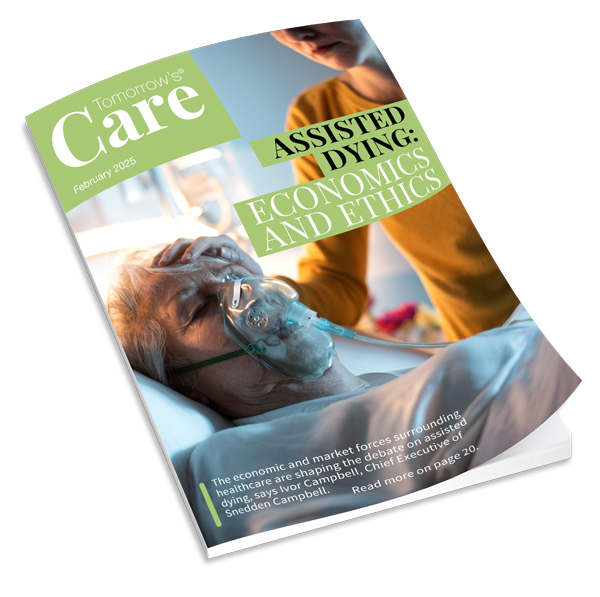Cherry juice significantly lowers high blood pressure, says Northumbria University

Published on 05/05/2016
New research from Northumbria University, Newcastle has shown that drinking tart Montmorency cherry juice can significantly reduce high blood pressure at a similar rate to that achieved by medication.
The findings found that men with early signs of hypertension saw a 7% reduction in blood pressure after drinking the Montmorency cherry concentrate when compared to drinking a fruit-flavoured cordial.
High blood pressure affects over five million people in England and, if left untreated, increases risk of heart attack, heart failure, kidney disease, stroke or dementia. Normal blood pressure is around 120/80 mmHg.
Researchers from Northumbria University's Department of Sport, Exercise and Rehabilitation worked with 15 participants displaying early signs of high blood pressure with readings of at least 130/90 mmHg.
They were told that the study was to investigate the effect of a fruit juice on vascular function and were given either 60ml of a Montmorency cherry concentrate or the same amount of a commercially available fruit-flavoured cordial.
Blood pressure and blood samples were taken before the cherry concentrate was consumed and blood pressure was measured on an hourly basis thereafter.
Blood samples and a series of other cardiovascular screening tests were taken again on a regular basis over the following eight hours.
The researchers found that the participants who were given the cherry concentrate saw a peak reduction in their blood pressure of 7 mmHg in the three hours after consuming the drink.
Past studies have shown that a reduction of between 5-6 mmHg over a sustained period has been associated with a 38% reduced risk of stroke and 23% reduced risk of coronary heart disease.
Interestingly, those participants with blood pressure levels at the higher end of the scale saw the most benefit.
The greatest improvement in systolic blood pressure occurred when the phenolic acids, protocatechuic and vanillic, within the cherry concentrate reached their peak levels in the plasma. The researchers believe that these particular compounds are, at least in part, responsible for the reduction.
Lead author and Lecturer in Sport and Exercise Nutrition, Karen Keane, explained: "The majority of cardiovascular disease is caused by risk factors that can be controlled, treated or modified, such as high blood pressure, cholesterol, obesity, tobacco use, lack of physical activity and diabetes. Raised blood pressure is the leading cause of deaths from cardiovascular disease, yet relatively small reductions in blood pressure can have a large impact on mortality rates.
"The magnitude of the blood pressure lowering effects we observed was comparable to those achieved by a single anti-hypertensive drug and highlights the potential importance that Montmorency cherries could have in the effective management of high blood pressure."
Prof. Glyn Howatson, research leader and Professor in Human and Applied Physiology, added: "This is the first study to investigate the acute effects of Montmorency tart cherry consumption on blood pressure, arterial stiffness and microvascular vasodilation in males with early hypertension. This exciting set of data complements a growing body of research to show that eating the right sorts of foods can provide potential health benefits.
"We believe these benefits might be linked to the combined actions of some of the plant compounds within the Montmorency concentrate and the positive impact they exert on vascular function."
Related News
Categories
- CQC ratings
- Care home news
- Care jobs
- Care planning
- Care sector awards
- Care sector events
- Care sector news
- Care staff
- Charity
- Cleaning & Hygiene
- Construction
- Dementia
- Disability
- Entertainment
- Finance
- Fitness
- Food & Drink
- Fundraising
- Furniture
- Health & Safety
- Healthcare
- Hospice & Palliative Care
- Hospitals
- Industry Comment
- Interiors
- Laundry
- Legal
- Leisure
- Medication
- Mental Health
- Mobility
- New appointments
- PPE
- Products
- Property
- Recruitment
- Relationships
- Research
- Safeguarding
- Security
- Services
- Social care
- Sustainability
- Technology
- Training
- Transport
- Uniforms
- Waste
- Wearables























